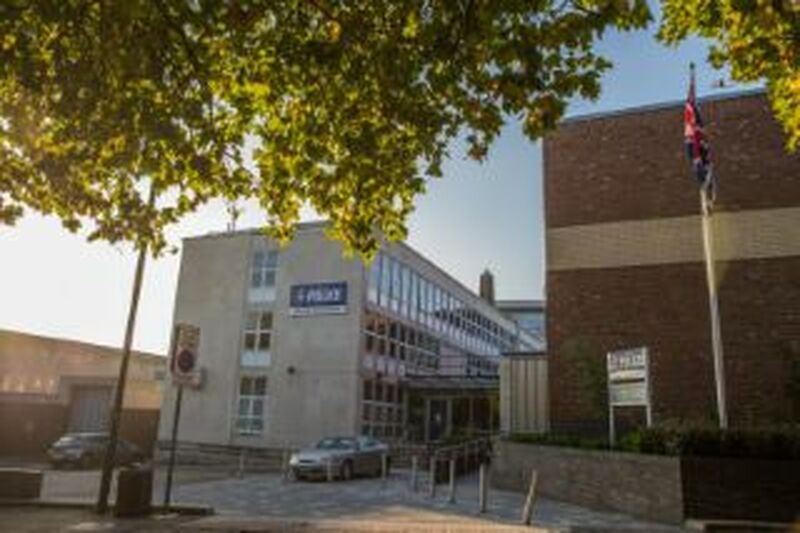A SUCCESSFUL scheme to clamp down on cannabis production - by using private landlords as officers’ eyes and ears - is to be relaunched after the pandemic put it on hold.
The Cannabis Grow Aware scheme - which sees landlords and letting agents sign up to support police in the fight to tackle drug crime - saw detection of cannabis cultivations double after its initial launch in August 2020.
The scheme stalled as police moved to tackle the ongoing impacts of Covid, and its increasing rates of residential burglary, stalking and harassment, but it’s now being reintroduced after initial positive responses.
It sees landlords commit to regular checks, and place posters and stickers in their properties, with a two-fold aim to deter tenants from growing cannabis while keeping an eye out for telltale signs, and highlight landlords who may be turning a blind eye.
Cannabis growers can often make dangerous and costly changes to properties if they’re left undisturbed, such as diverting electricity supplies which increases fire risk.
The relaunched project will be overseen by PC Sarah Brewis.
“Before the scheme originally launched landlords and letting agents would carry out checks and follow guidelines for new tenants,” said PC Brewis.
“But once the tenant is in the property, they usually only conduct one quick check every six months.
“The average growing time for a cannabis plant is approximately 12 weeks.
“This will depend on the setup along with the knowledge and experience of the grower - so six months is potentially allowing time for two grow cycles.”
Drugs offences have also carried on their year-on-year increases, with a rise of six per cent from 758 to 803.
Police have said increases in such crimes are reassuring as a sign that the force’s proactive approach - focusing on prevention, intervention and increasing investment in neighbourhood teams - is paying off.
Three operations last year - dubbed Duxford, Voyager and Sceptre - also saw officers crack down on drug and knife crime, often associated with gang activity.
PC Brewis added: “You can inform potential tenants you will actively check properties on a regular basis, every 10 weeks would be enough to put off a future tenant with nefarious motives.
“This check doesn’t have to be an internal inspection, as even compliant and good tenants wouldn’t want this.
“Instead, look for external signs such as a heavy, constant smell of cannabis, windows being blacked out, excessive condensation on windows, the letterbox blocked, heavy use of anti-odour devices, bins not being used and visitors at unusual hours staying for a short period of time.”
Over the last year, Chief Superintendent James Abdy, Barnsley’s district commander, said dozens of arrests have been made as police recorded 42 ‘positive disruptions’ against criminal groups - two of which have had their operations ‘dismantled’.
Officers have executed 36 property search warrants and identified 34 cannabis cultivations, arresting 57 recognised members of organised crime groups.
Superintendent Paul Ferguson said at a recent meeting of Barnsley Council’s overview and scrutiny committee that the force continues to work in partnership with the local authority and takes a ‘very grassroots view’ to remove residents identified as being involved in drug production or supply.
“If you’ve got a street with someone in the middle causing harm to those residents, you try to take that household out of the equation,” he said.
“It takes the harm away, but also I hope it sends a wider message out as well that crime doesn’t work.”


























